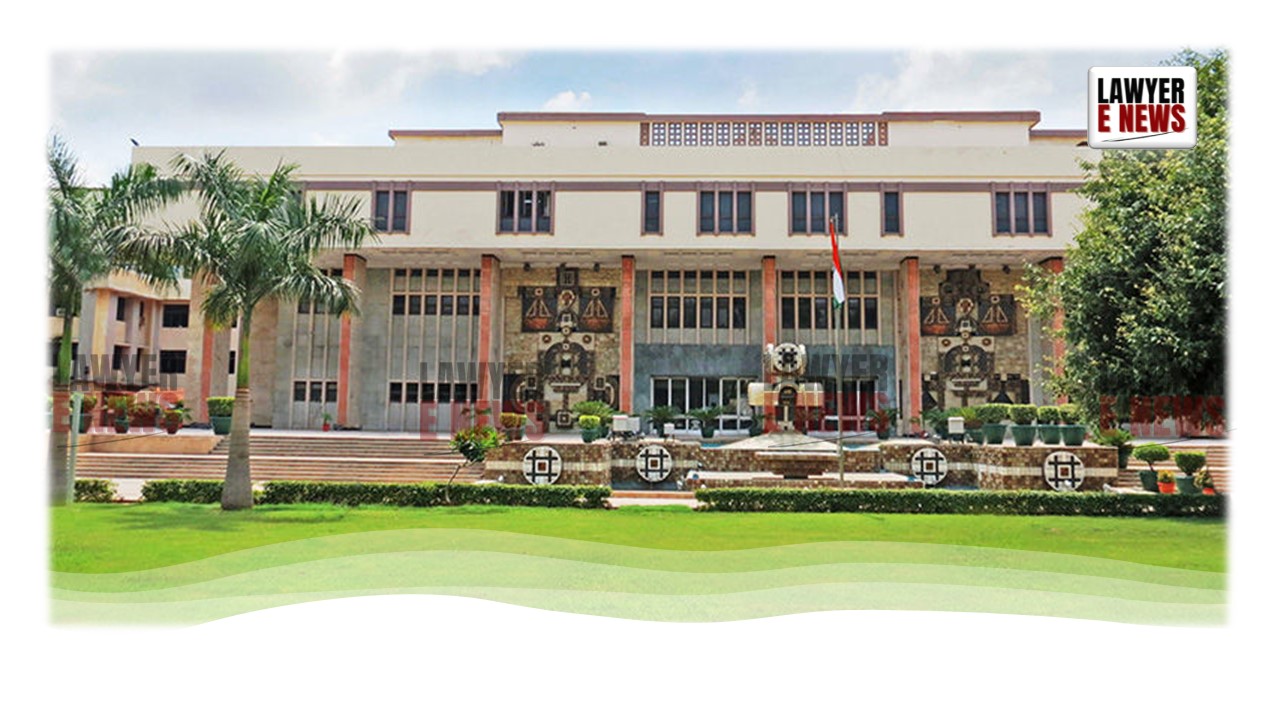-
by Admin
15 February 2026 5:01 PM



On December 2, 2024, the Delhi High Court dismissed a petition challenging the arrest of Arvind Dham, former promoter of Amtek Auto Ltd., upholding the legality of his arrest under Section 19 of the Prevention of Money Laundering Act (PMLA), 2002. Justice Anish Dayal authored the judgment, rejecting allegations of procedural lapses and holding that the arrest adhered to statutory safeguards.
The case concerned allegations of large-scale financial fraud exceeding ₹3,700 crores, linked to diversion of funds, creation of shell companies, and systematic concealment of assets. The Enforcement Directorate (ED) had arrested Dham on July 9, 2024, following complaints of loan defaults from financial institutions and predicate offences registered by the Central Bureau of Investigation (CBI).
The investigation originated from two FIRs registered by the CBI in 2022. These FIRs alleged criminal conspiracy, cheating, and breach of trust under the Indian Penal Code (IPC) and offences under the Prevention of Corruption Act (PC Act). The complaints alleged that Amtek Auto Ltd. (AAL) and its subsidiary, ACI Ltd. (ACIL), had misappropriated funds from a consortium of banks led by IDBI Bank and Bank of Maharashtra.
The petitioner, a key promoter of Amtek Auto, was accused of masterminding the diversion of funds through shell companies, appointing lower-rung employees as dummy directors, and acquiring benami properties. The allegations included misusing personal guarantees provided for loans, routing proceeds of crime through over 500 unlisted companies, and concealing assets valued at over ₹1,000 crores.
Dham challenged his arrest on several grounds, including:
Violation of Procedural Safeguards: He alleged that the arresting officer failed to supply “reasons to believe,” as mandated under Section 19(1) of the PMLA and affirmed by the Supreme Court in Arvind Kejriwal v. Directorate of Enforcement, 2024 SCC OnLine SC 1920.
Exclusion of Exculpatory Evidence: Dham argued that key materials, such as forensic audit reports and court orders staying declarations of “fraud accounts” and “willful defaulters,” were ignored by the ED.
Arrest Without Necessity: He contended that his arrest was unwarranted, as he had cooperated with the investigation and there was no immediate risk of tampering with evidence or absconding.
Defective Remand Orders: The petitioner argued that the orders authorizing his remand to ED custody were mechanical and failed to consider procedural violations under the PMLA.
The Court underscored that Section 19 of the PMLA imposes stringent safeguards for arrests, requiring officers to record written “reasons to believe,” promptly inform the accused of the grounds of arrest, and forward arrest orders and related materials to the Adjudicating Authority. These provisions aim to ensure accountability and prevent arbitrary detentions.
While the Supreme Court’s Arvind Kejriwal ruling mandates the supply of “reasons to believe” to the arrestee, the Court noted that Dham’s arrest occurred before this judgment. As such, the ED was not obligated to comply with this additional requirement. The Court also found that the grounds of arrest, which were detailed and spanned 36 paragraphs, sufficiently conveyed the basis of Dham’s arrest.
The Court dismissed the petitioner’s claims of selective reliance on inculpatory evidence. It held that the forensic audit reports cited by Dham contained disclaimers and limited findings and could not negate the extensive material implicating him. Additionally, orders staying declarations of “fraud accounts” and “willful defaulters” were based on procedural grounds and did not exonerate Dham from allegations of money laundering.
The Court highlighted that the necessity of arrest must be assessed based on risks such as tampering with evidence, influencing witnesses, or committing further offences. It found that Dham’s arrest was justified, given allegations of tampering, non-disclosure of assets, and attempts to alienate properties.
Citing the Supreme Court’s jurisprudence, the Court noted that arrest under the PMLA is not merely an investigatory tool but serves broader purposes, including preventing concealment of proceeds of crime and ensuring compliance with judicial orders.
The Court upheld the validity of remand orders, observing that they reflected judicial application of mind and addressed procedural compliance under the PMLA. It rejected the argument that remand could cure a procedurally defective arrest, noting that no such defect existed in this case.
The Court reviewed the ED’s findings, which alleged that Dham and his associates had diverted funds through shell companies, misrepresented financial statements, and acquired benami properties. Key allegations included:
Diversion of ₹356.98 crores intended for fixed assets, with no trace of corresponding assets or records.
Utilization of dummy directors and shell companies to conceal ownership of over 200 properties.
Systematic misuse of personal guarantees to secure loans amounting to ₹15,560 crores.
Fraudulent disposal of assets worth ₹157.25 crores without recording sale proceeds.
Alleged transfer of undervalued properties to relatives and related entities.
The Court emphasized that these allegations, supported by forensic audits, financial records, and witness statements, warranted further investigation and justified Dham’s custodial interrogation.
The Court concluded that Dham’s arrest complied with the procedural and substantive requirements of Section 19 of the PMLA. It dismissed the petition, affirming that the petitioner could challenge the evidence and raise defenses during bail proceedings.
This judgment reinforces the evolving jurisprudence on arrests under the PMLA, particularly the balance between individual liberty and the state’s interest in combating economic crimes. It underscores the need for procedural rigor in arrests while allowing for robust judicial review to safeguard constitutional rights.
Date of Decision: December 2, 2024
